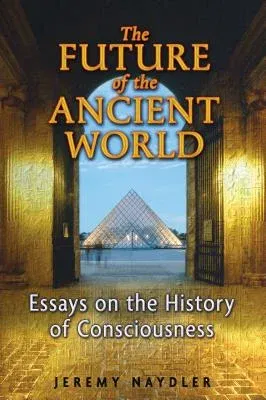The sacred consciousness that prevailed in antiquity is the key to
unlocking our future
- Shows how scientific consciousness, which gives primacy to the sense
of sight, estranged us from the participatory spiritual consciousness of
antiquity
- Explores the vital importance of the imagination in reconnecting us
to the spirit world
The Future of the Ancient World sheds new light on the evolution of
consciousness from antiquity to modern times. The twelve essays in this
book examine developments in human consciousness over the past five
thousand years that most history books do not touch. In ancient times,
human beings were finely attuned to the invisible world of the gods,
spirits, and ancestors. Today, by contrast, our modern scientific
consciousness regards what is physically imperceptible as unreal. Our
experience of the natural world has shifted from an awareness of the
divine presence animating all things to the mere scientific analyses of
physical attributes, a deadened mode of awareness that relies on our
ability to believe only in what we can see.
In these richly illustrated and wide-ranging essays that span the
cultures of ancient Egypt, Mesopotamia, Greece, Rome, and the early
Christian period, Jeremy Naydler shows how the consciousness that
prevailed in ancient times may inspire us toward a future in which we
once again reconnect with invisible realms. If the history of
consciousness bears witness to the loss of visionary and participatory
awareness, it also shows a new possibility--the possibility of
developing a free and objective relationship to the spirit world.
Naydler urges us not only to draw inspiration from the wisdom of the
ancients but to carry this wisdom forward into the future in a renewed
relationship to the spiritual that is based on human freedom and
responsibility.

